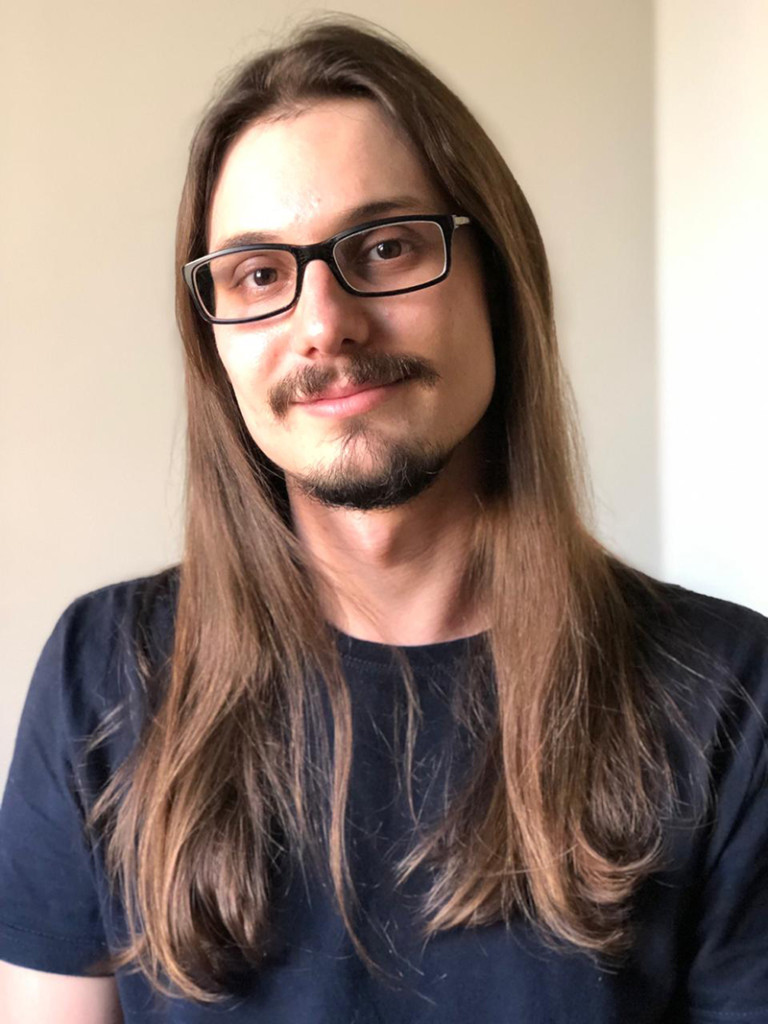
CBN
Mickael BARBIERI
- 2019
- Press Fellow
Mickael Barbieri is a Brazilian journalist based in Belo Horizonte, Minas Gerais. He currently works for CBN, one of the leading radio news broadcasters in Brazil. Recently, he earned a Master’s Degree in Communication at the Federal University of Minas Gerais. 1. Why did you choose to become a science journalist? I am not really a science journalist, although I cover scientific research and topics related to science almost every day. When I write scientific news, I am certain I am helping to build a more critical and conscious society. 2. What role do science and science communication play in your country? All over the country, it is possible to find researchers dedicating themselves to solving problems such as finding new vaccines against tropical diseases, improving agriculture and cattle breeding with less damages to the environment, developing more efficient materials and energy sources, and enhancing digital technologies. In my opinion, not only science communicators but journalists as well are in charge of opening the scientific realm to the reality of the public. 3. What are the main challenges of science journalism in your country? In my opinion, the main challenge is miscommunication. In Brazil, federal universities carry out most of the scientific research, and its quality is internationally recognized. However, researchers are mostly dependent on budget provided by state and federal governments. In moments of crisis, as the one we are going through, it is urgent to show the real struggles and achievements of scientific studies. In the past months, I have been reporting protests against President Jair Bolsonaro’s administration, which has cut the Higher Education budget. The cuts affected utility bills, scholarships, cleaning, maintenance, and security. I saw college students, professors, and researchers of many fields crying out on streets what they were doing in labs and why their works matter. I think Journalism is facing a challenge of how to convey the real impacts of this situation to the public. 4. Where do you see the big societal transformations in the future? What scientific research/discovery will change our world? For me it is the development of new softwares/algorythms capable of coping with the huge amount of information we produced today. I get thrilled when I think of how future generations will have plenty of data to find out how things really happened in the past. The real sound of an instrument, the voice of people, details of a political episode, the behavior of extinct species, or even the sight of every corner of our planet. However, we will also deliver a lot of information that is actually fake or inaccurate. In fact, we are already dealing with the consequences of fake news, and this is just the beginning of a major problem. So, new algorythms that help us analyze data and make them more reliable and useful. 5. What book, movie or song has radically changed your perspective? And why? It’s hard to pick up just one book of hers but I would say “The Passion According to G.H.” written by Brazilian novelist Clarice Lispector. The book has a very humanized perspective of society, and it made me reflect about my self-existence. She makes poetical strings out of little unimportant details of everyday life and human fallibility. I also find this very literary quality in other authors such as José Saramago, Mia Couto, Gabriel García Márquez, Haruki Murakami, and Ernest Hemingway.